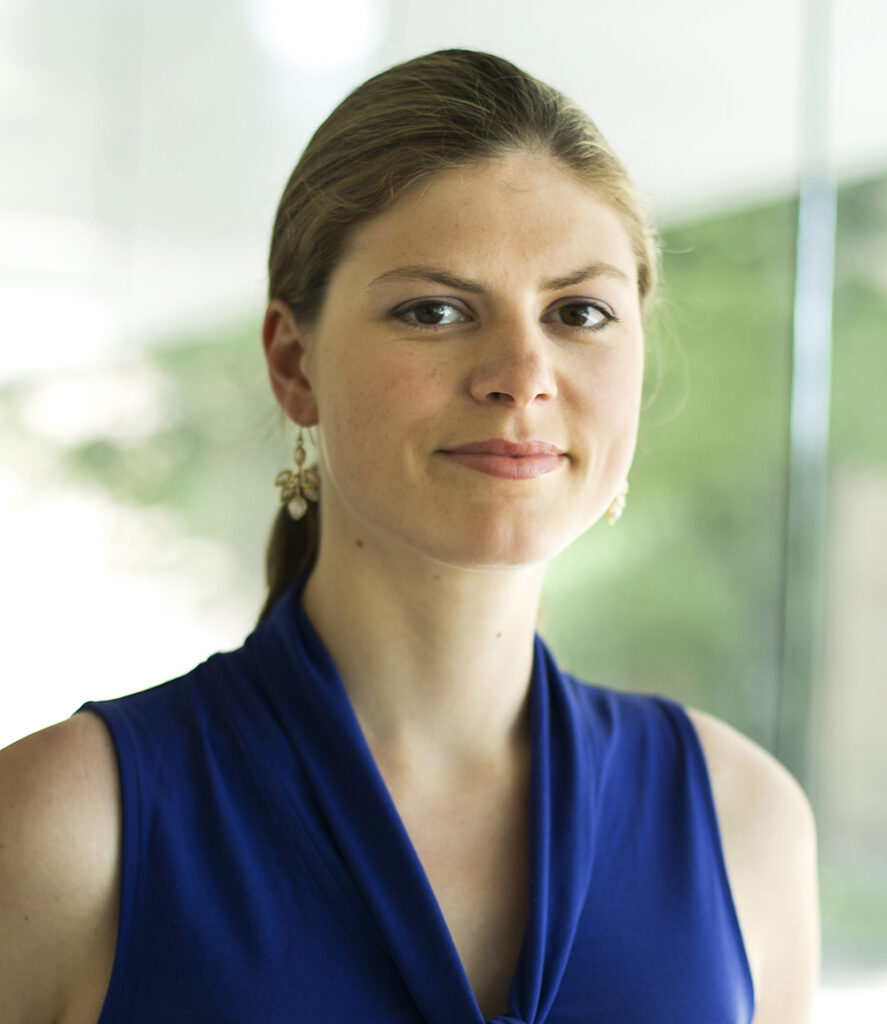Louise Willingale elected Fellow of APS

Prof. Louise Willingale was elected Fellow of the American Physical Society (APS) “For significant contributions to the experimental understanding of ion acceleration,
electron acceleration and magnetic field dynamics resulting from relativistic laser plasma interactions.”
Willingale conducts research in intense laser-plasma interactions including laser-driven ion acceleration, relativistic laser propagation through underdense and near-critical density plasmas, and proton deflectometry to study electric and magnetic fields generated during the laser-plasma interactions.
As Associate Director of the new NSF ZEUS facility, she is helping oversee this Zettawatt-Equivalent Ultrashort pulse laser System. When completed in 2023, ZEUS will be the highest-power laser system in the US and will be among the highest-power lasers worldwide for the next decade. It will be open to researchers around the world.
She is affiliated with the High Field Science group in the Gérard Mourou Center for Ultrafast Optical Science (CUOS), and is a member of the Michigan Institute for Plasma Science and Engineering (MIPSE). She co-chaired the Multi-Petawatt Physics Prioritization (MP3) Workshop earlier this year, held at the Sorbonne.
Willingale received her PhD in Plasma Physics from the Imperial College London. She is a Kavli Fellow, and received an NSF CAREER Award.
____________________________
The APS Fellowship Program recognizes members who may have made advances in physics through original research and publication, or made significant innovative contributions in the application of physics to science and technology. Each year, no more than one half of one percent of the Society’s membership receives this honor.
Willingale was recommended for Fellow status by the APS Division of Plasma Physics (DPP).
 MENU
MENU 
